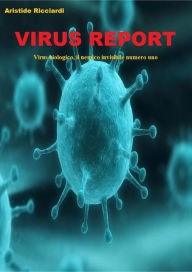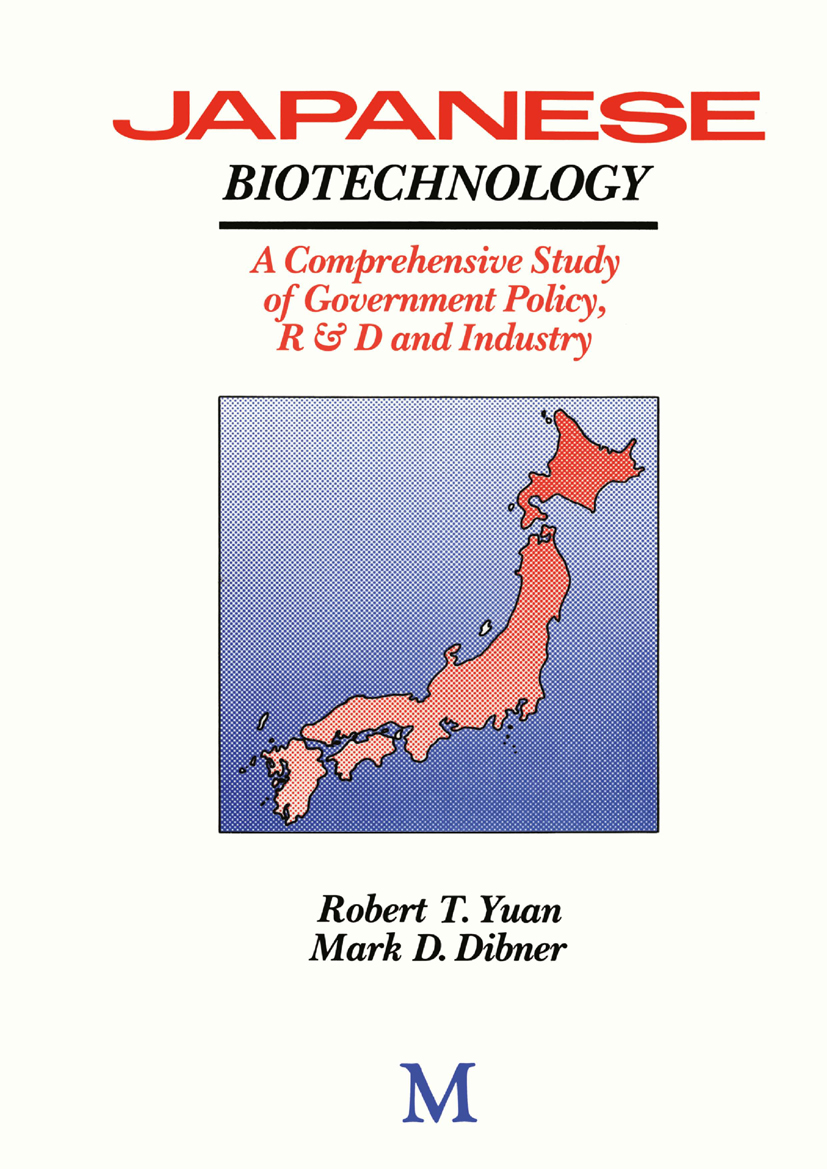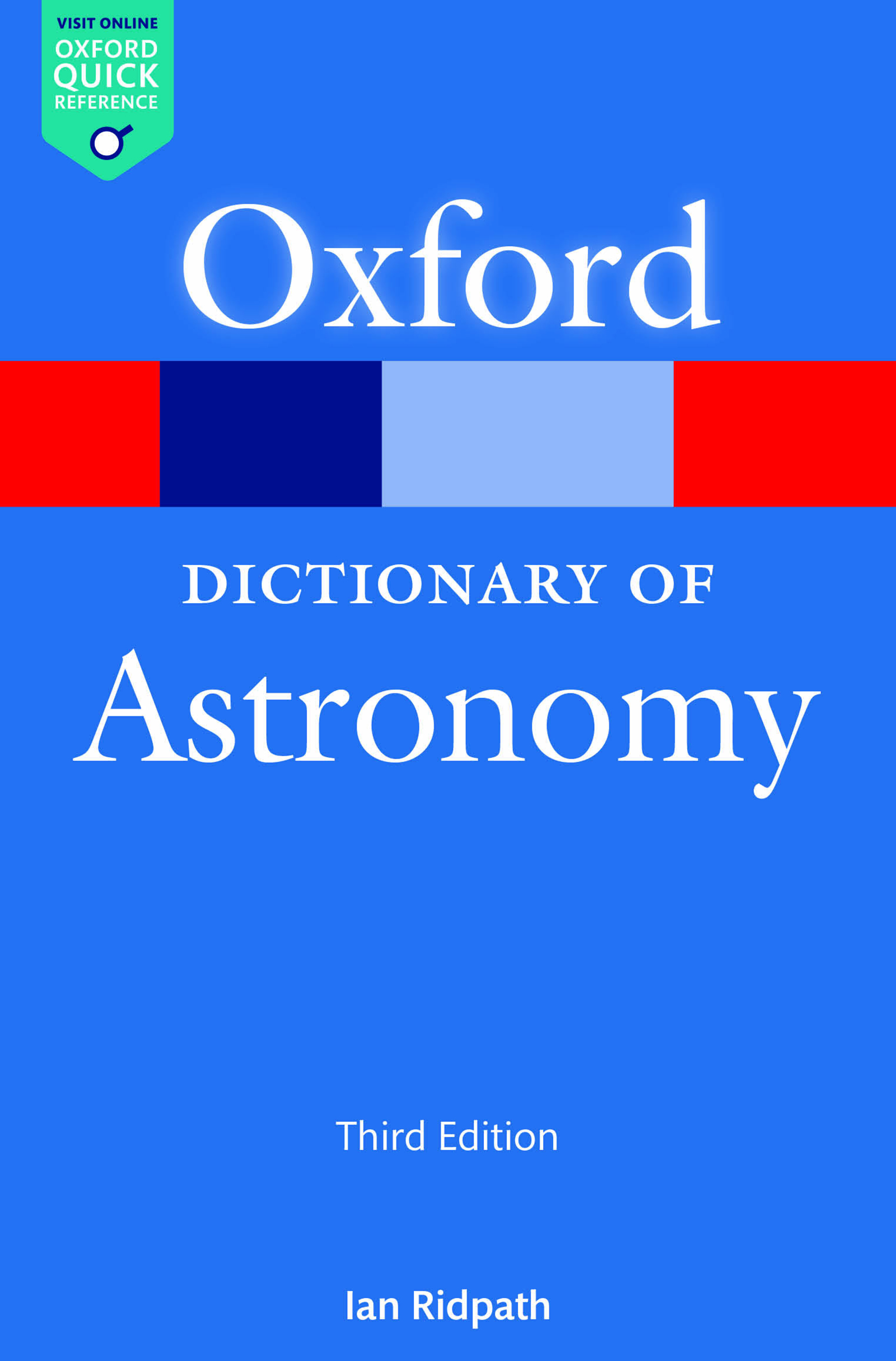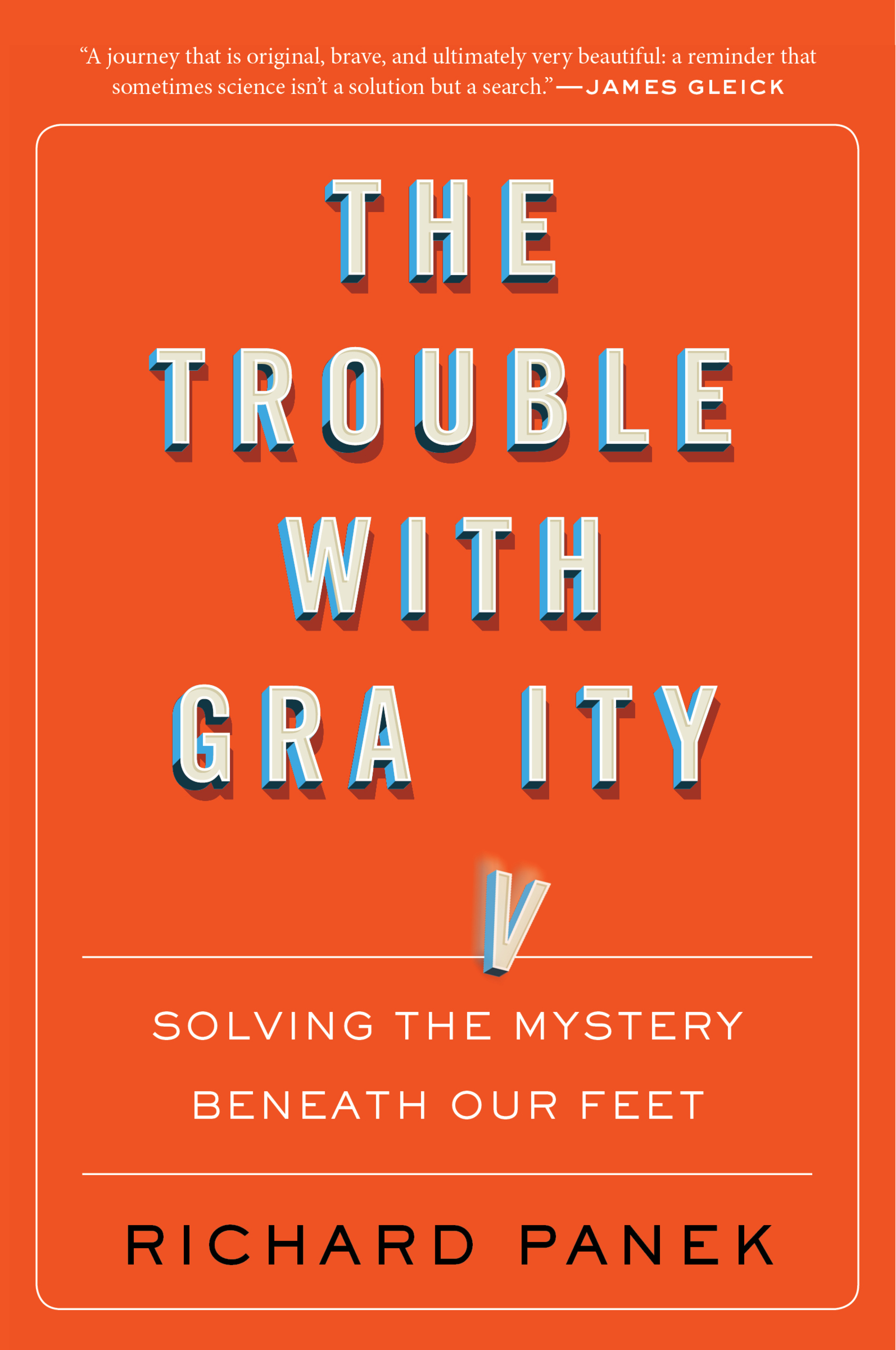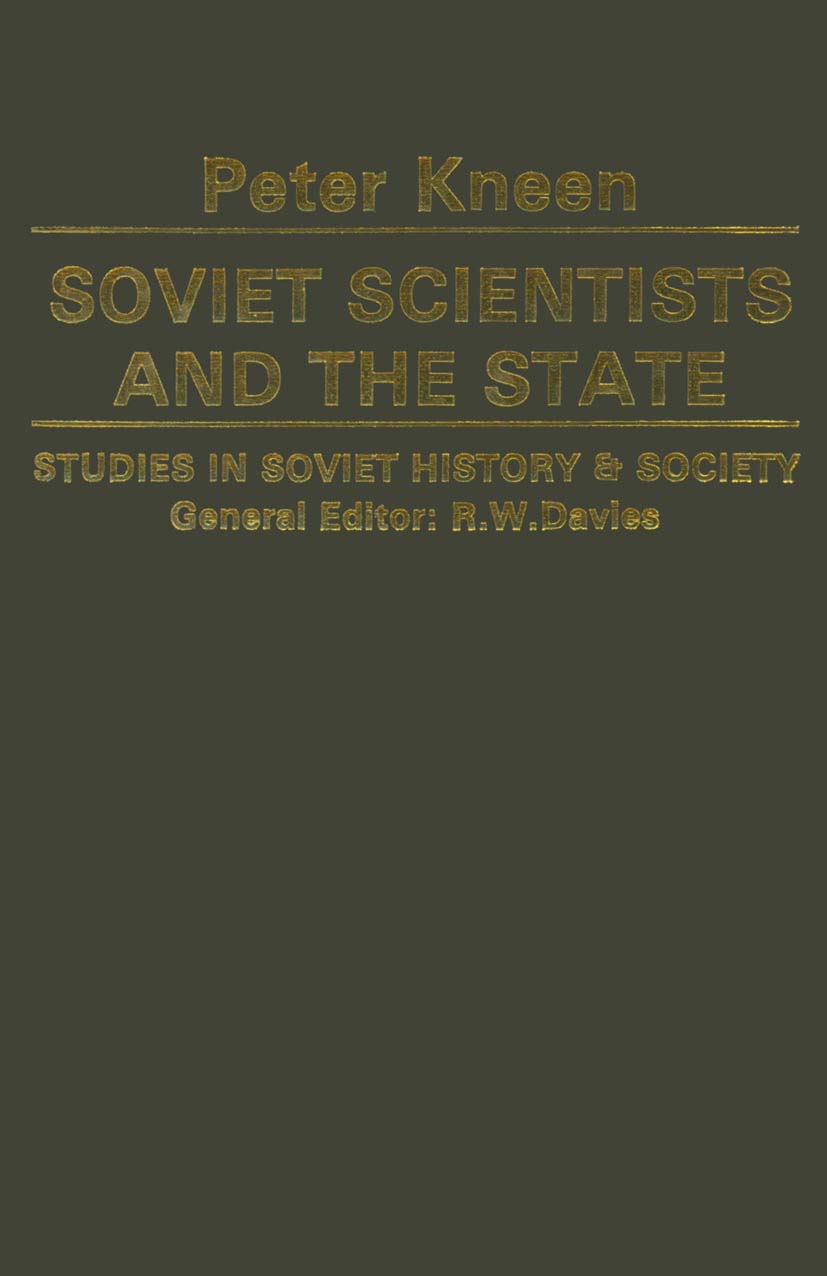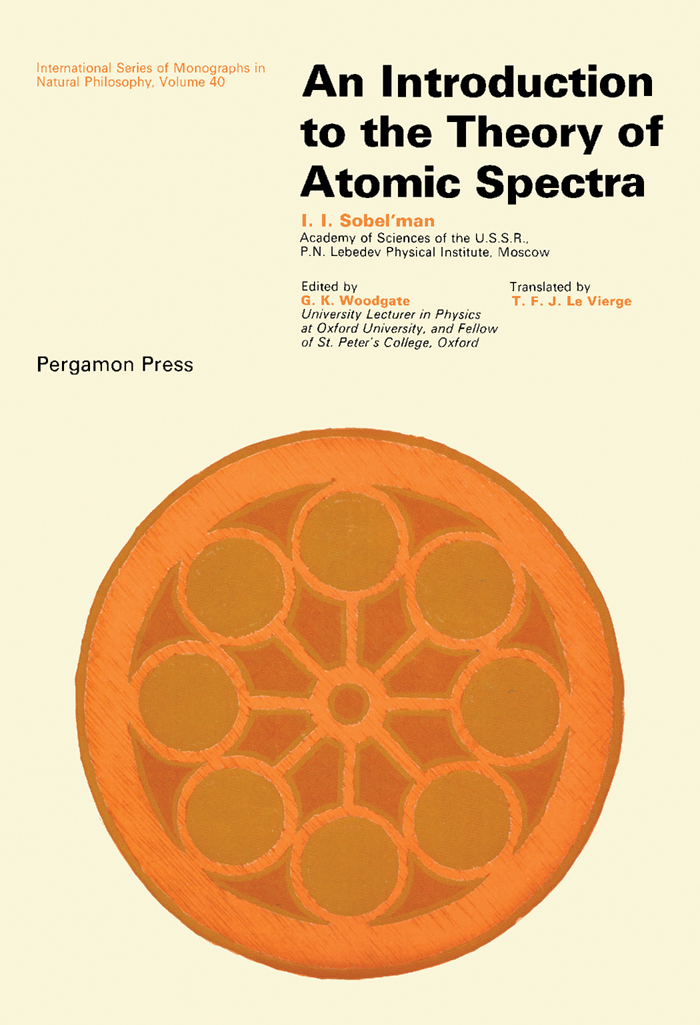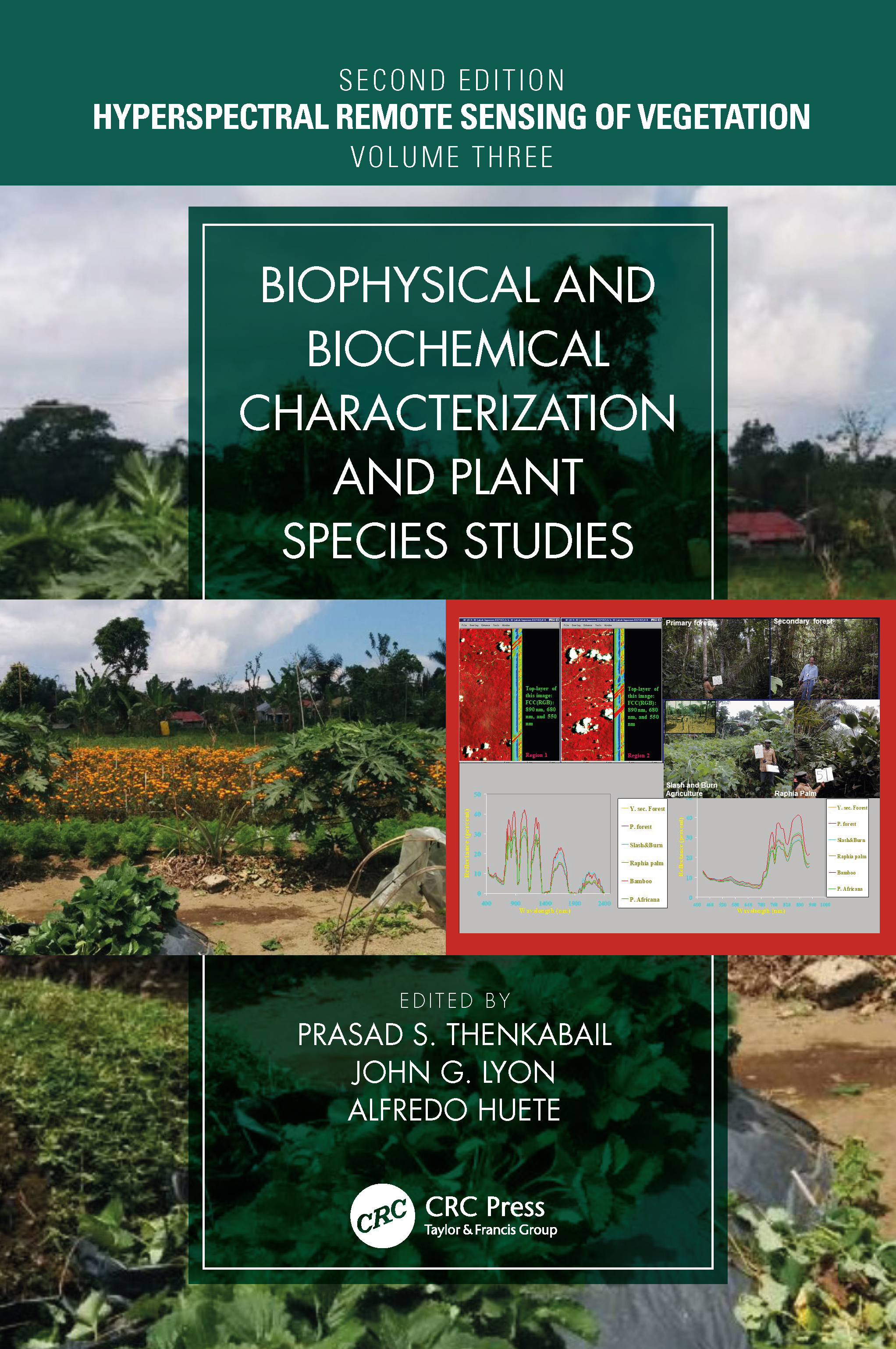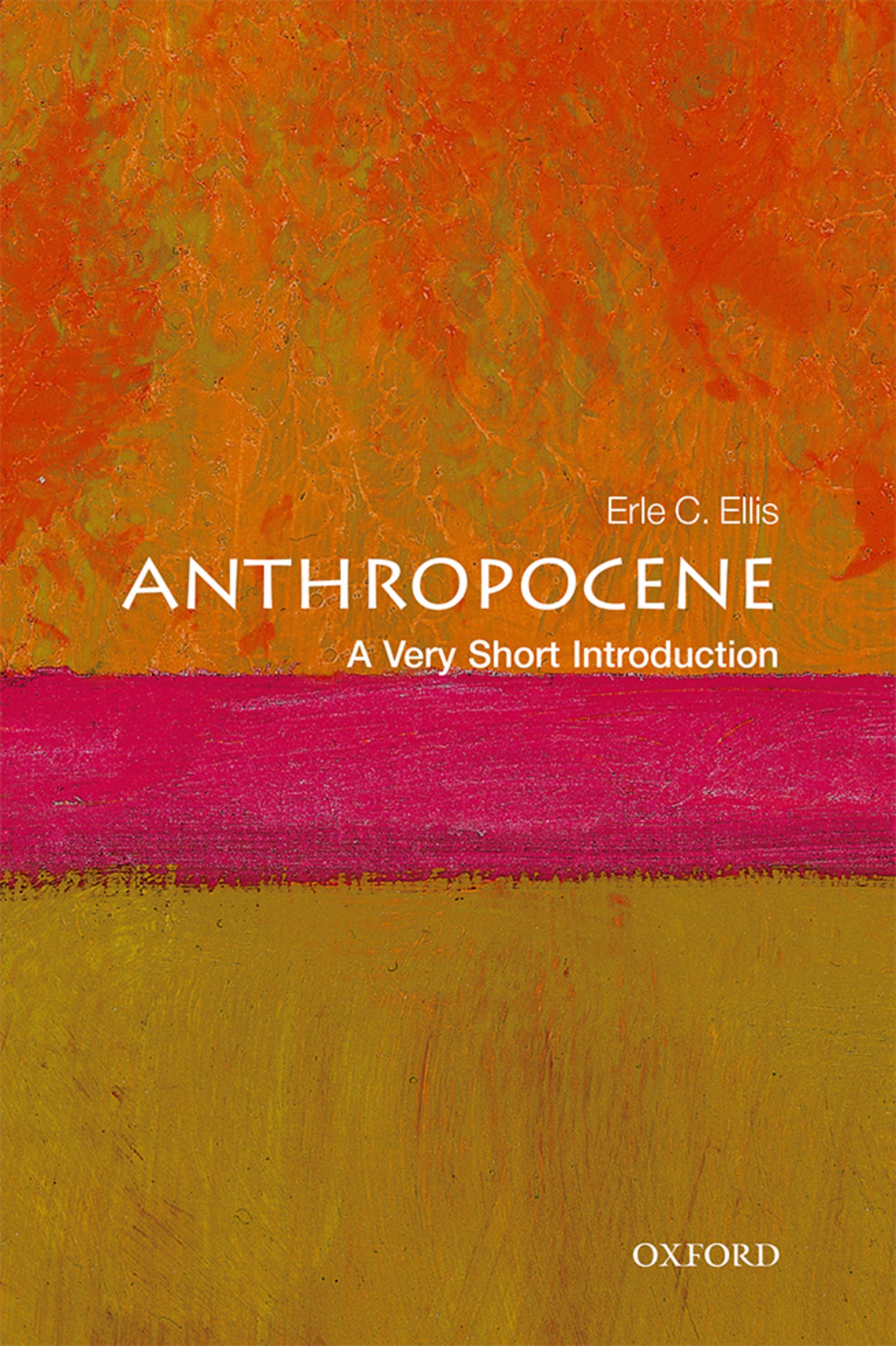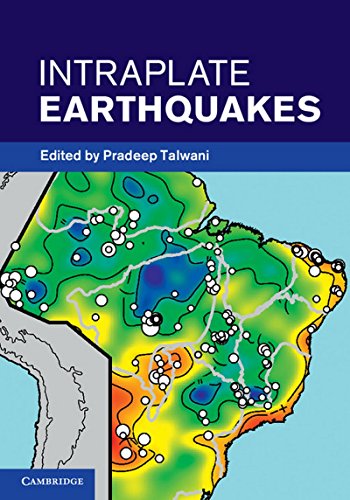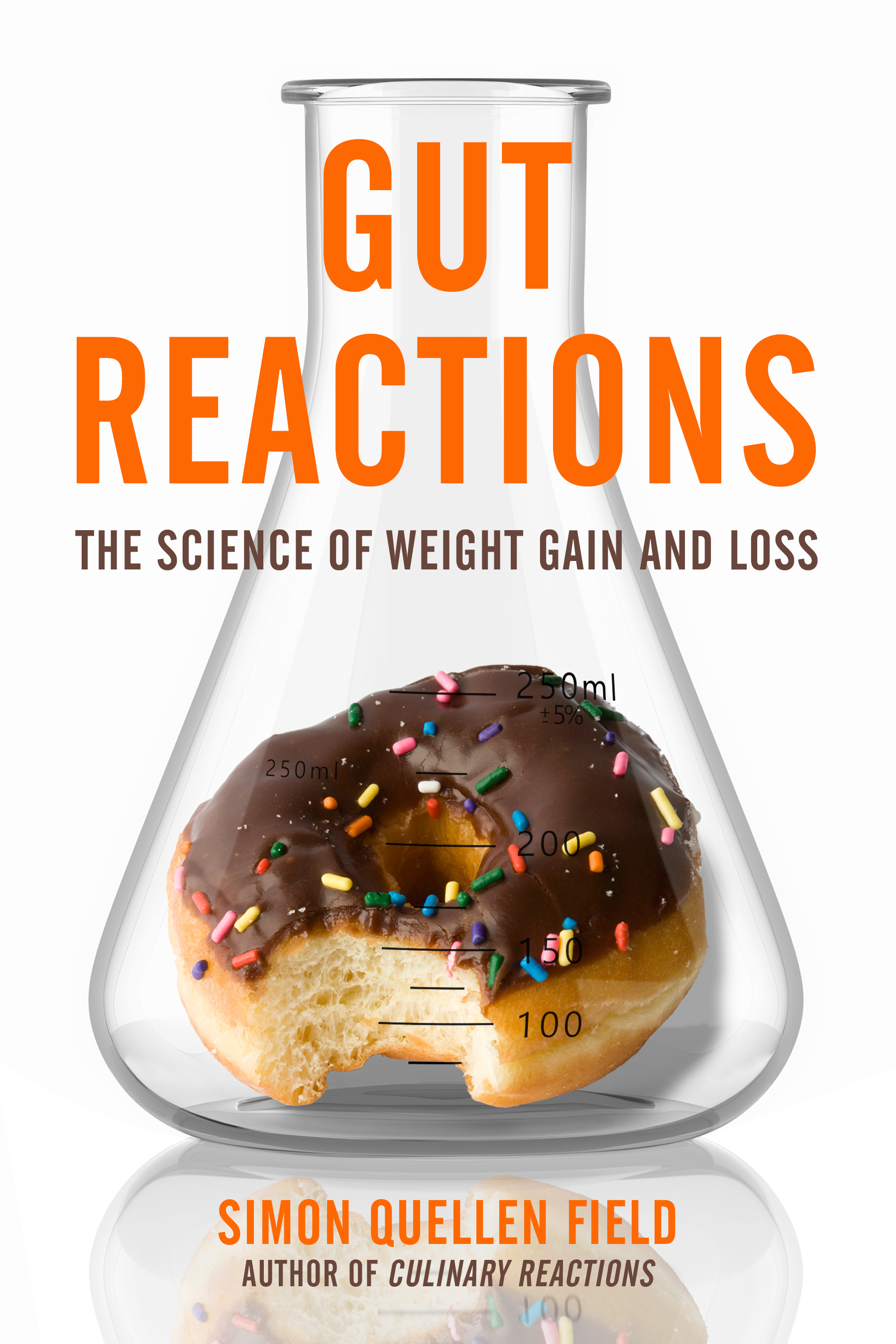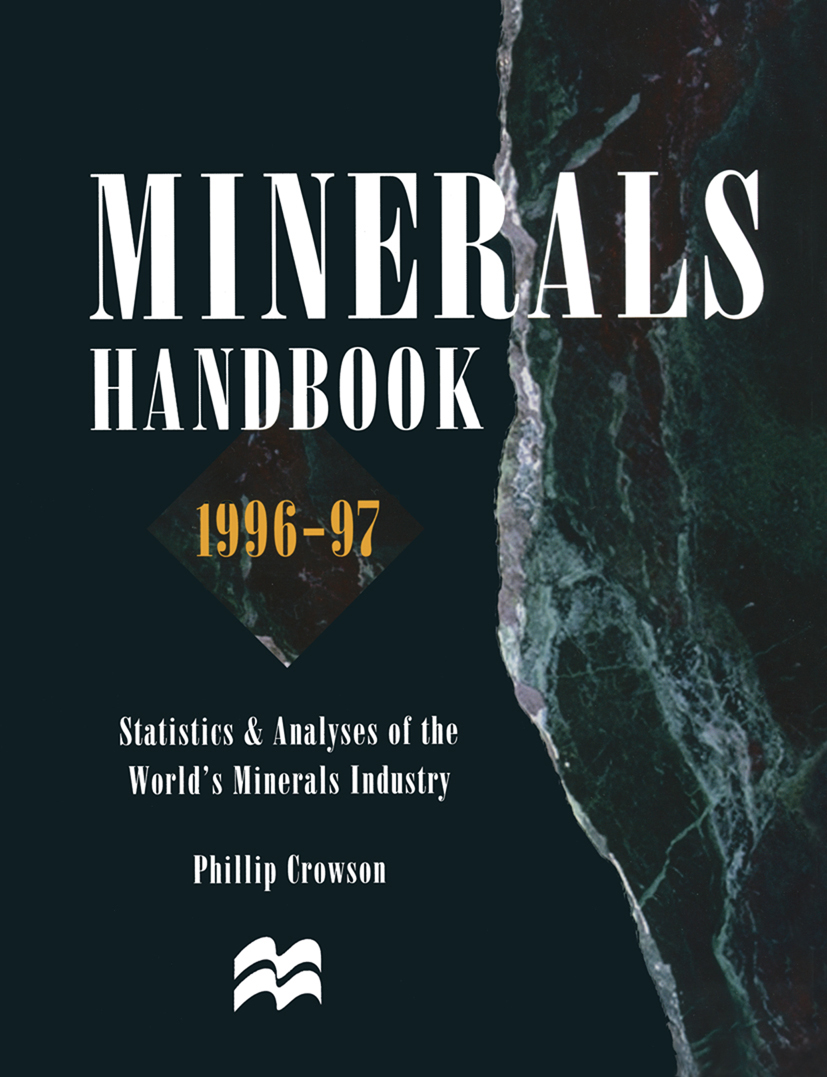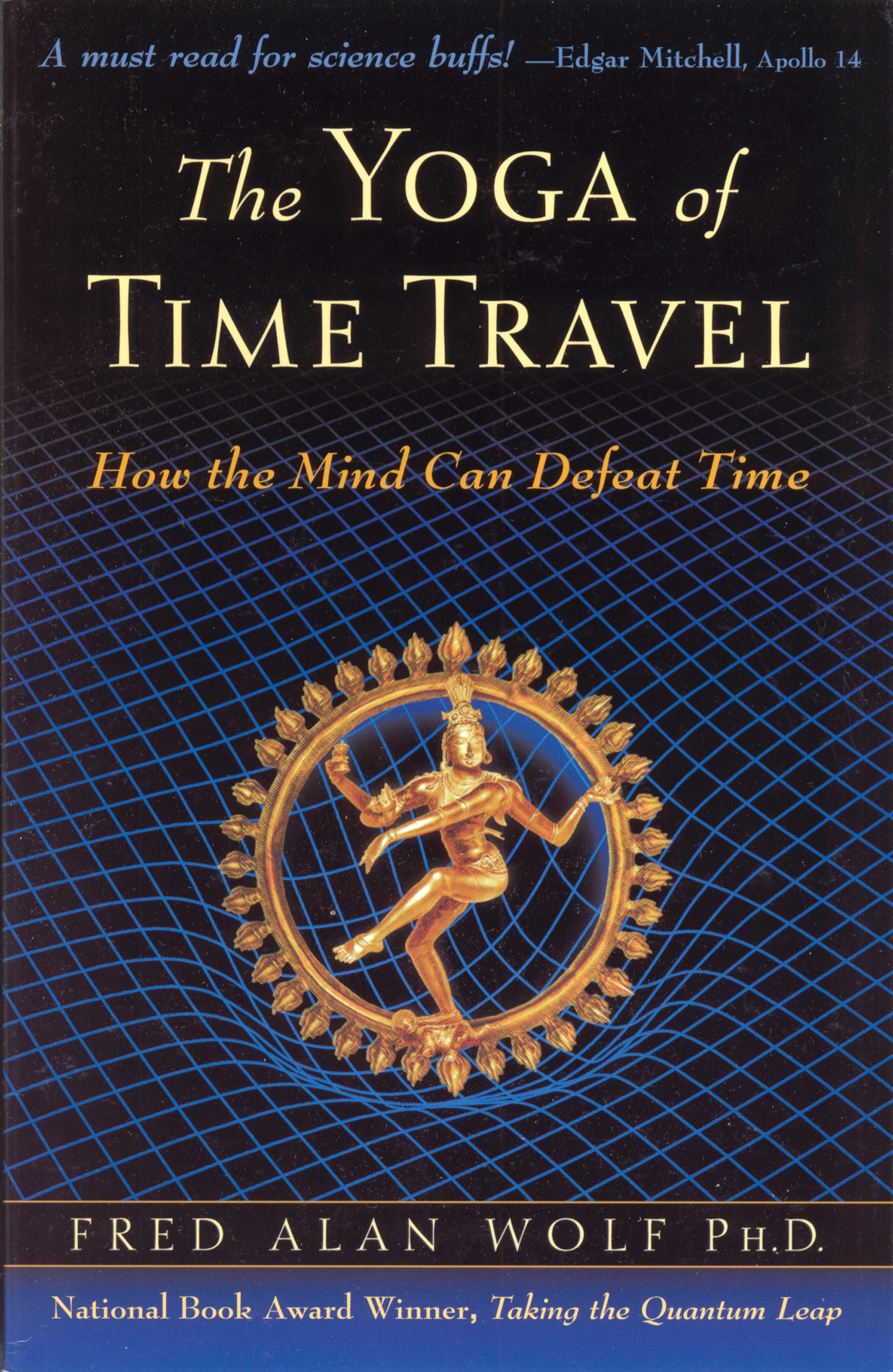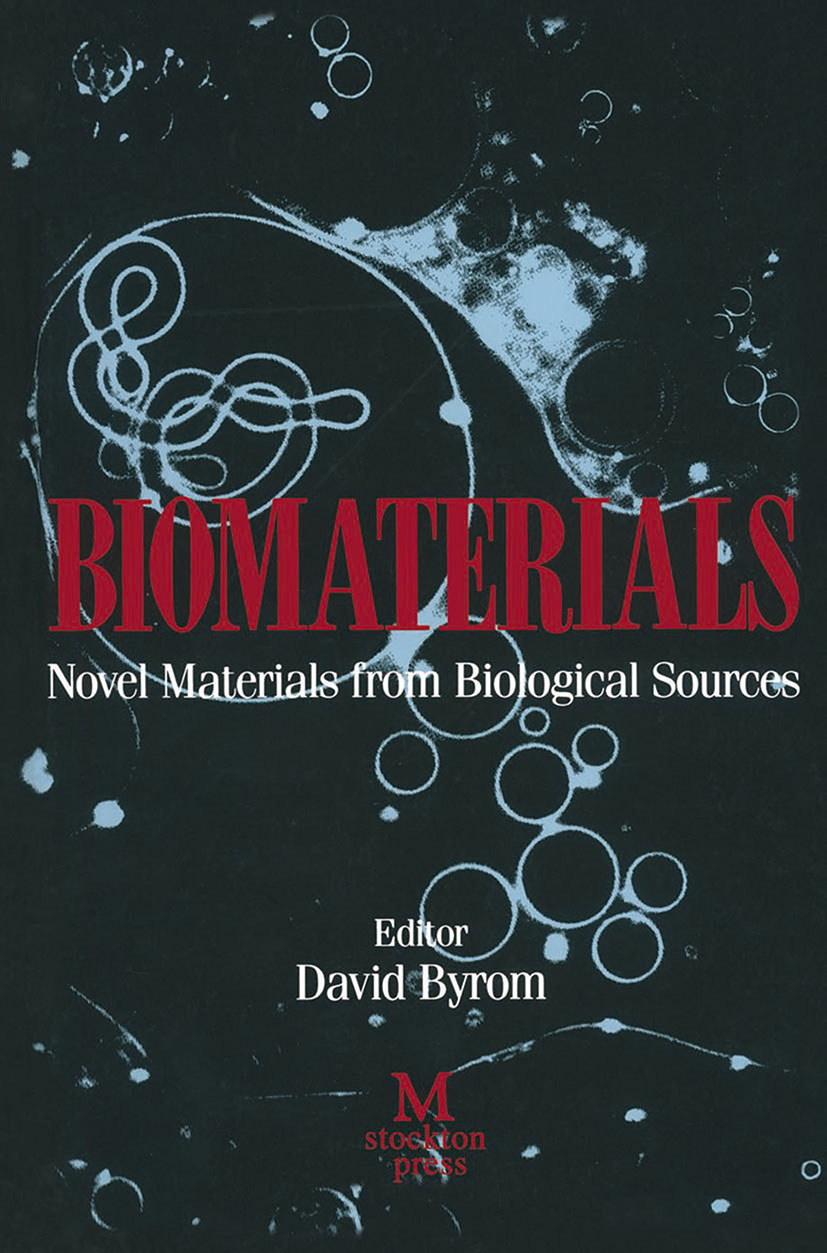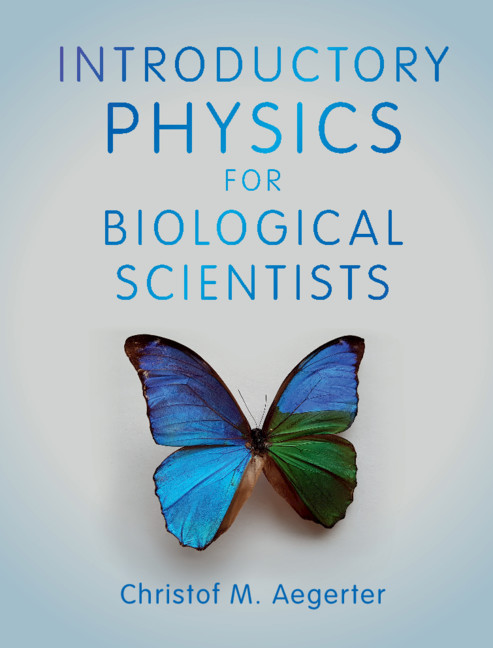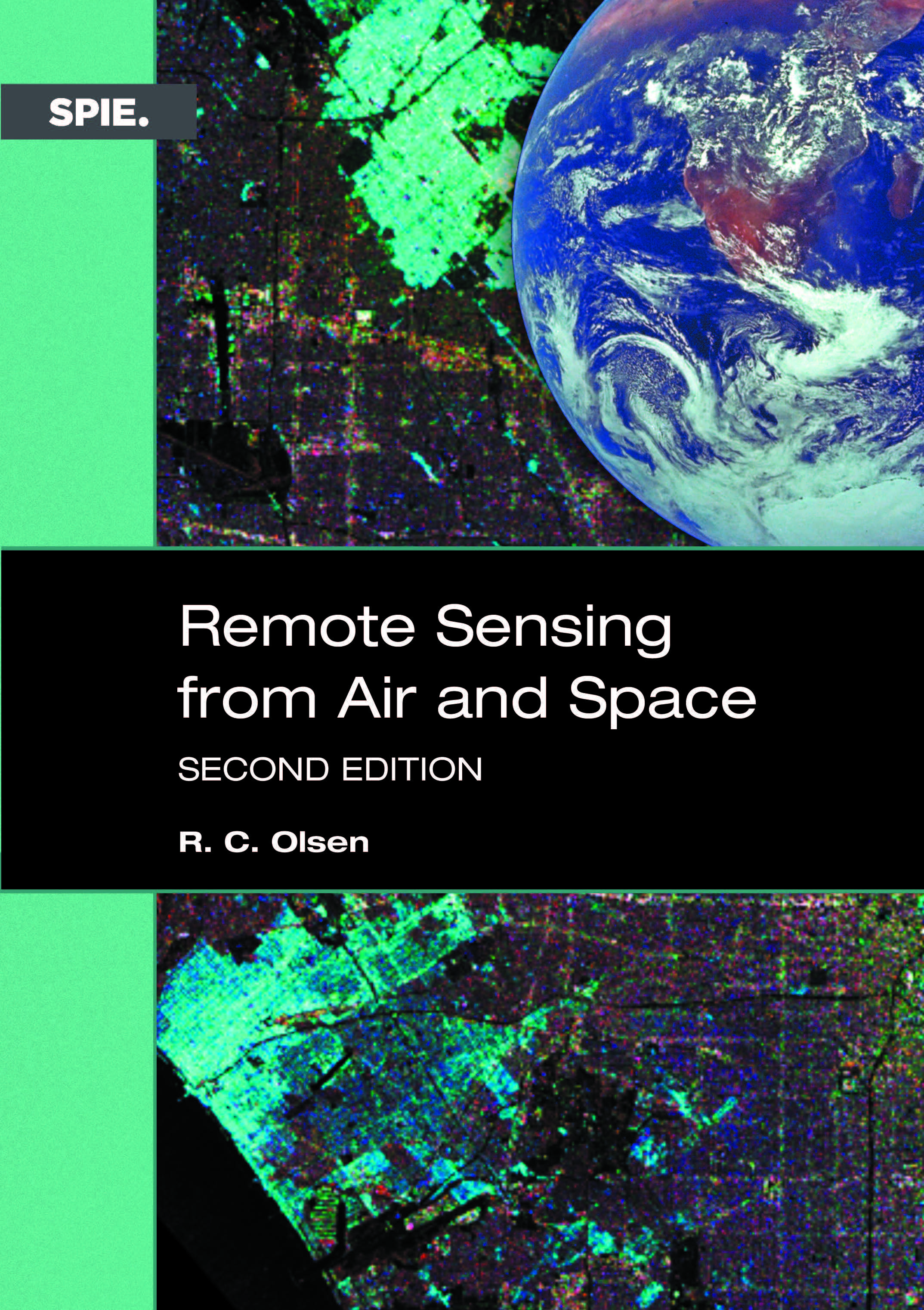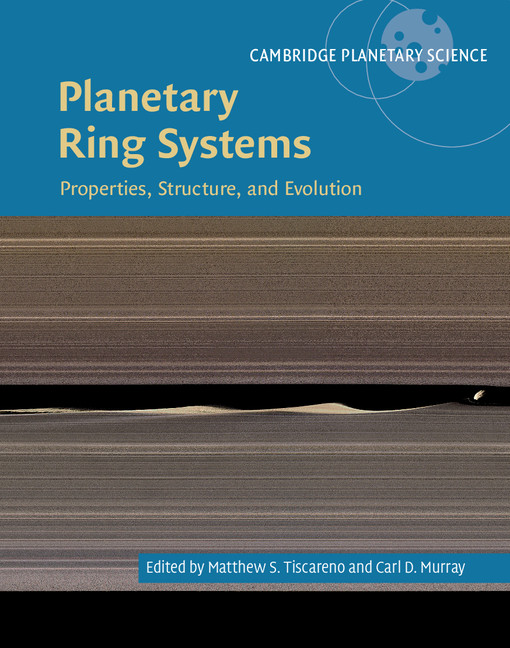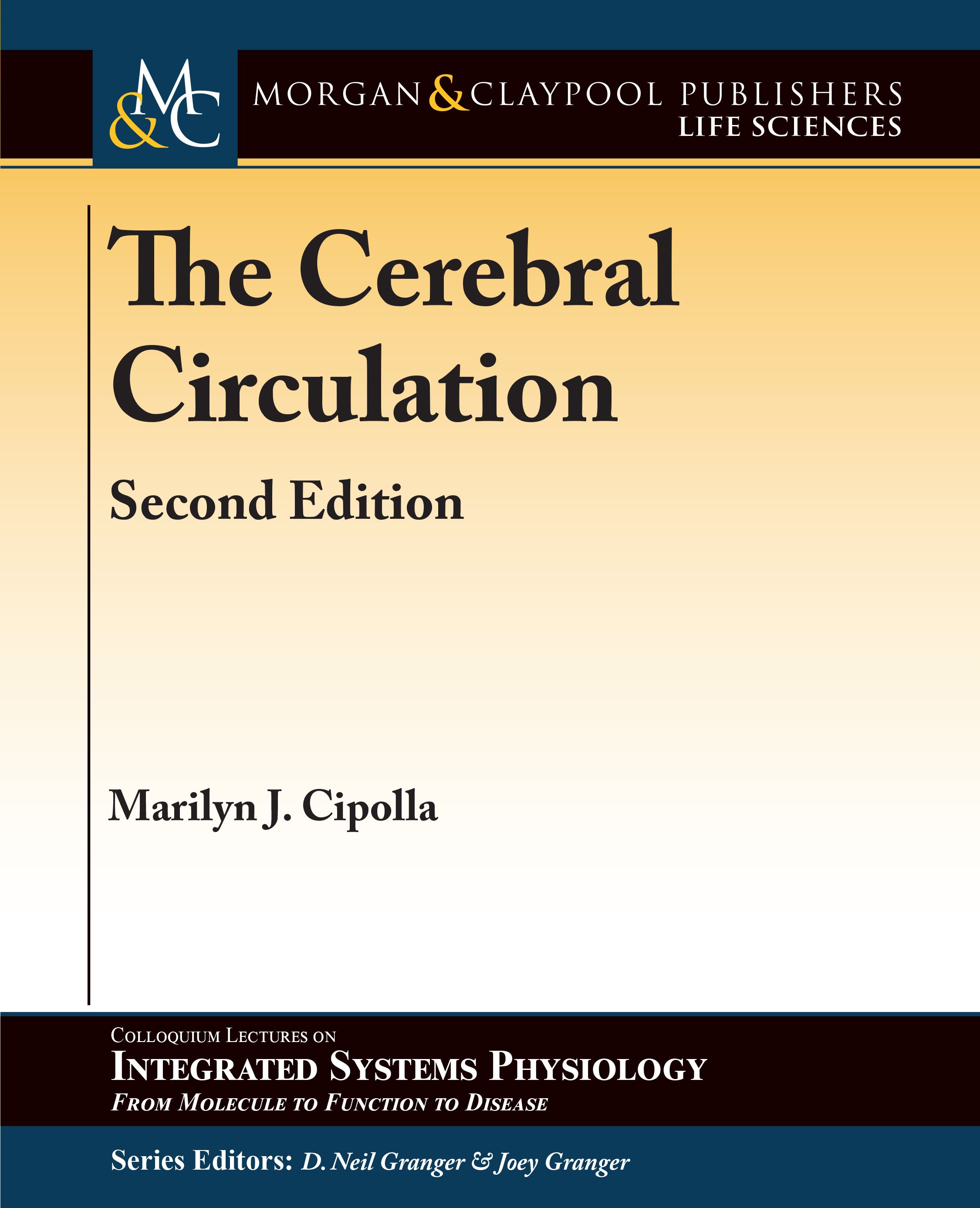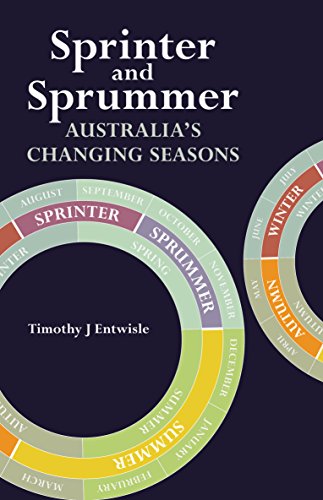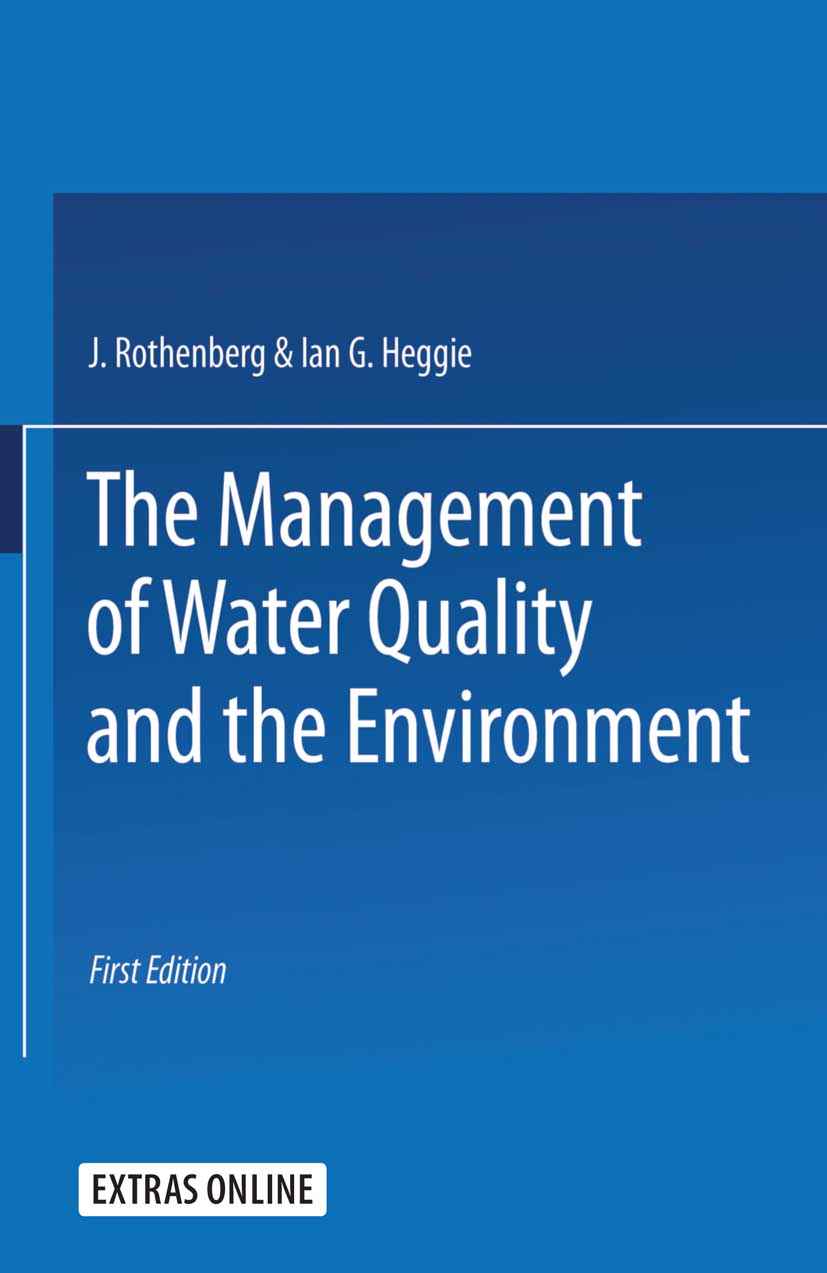Nutritional Biochemistry
by Tom Brody
2020-07-22 12:06:31
The chemical elements humans consume in the largest quantities are carbon, hydrogen, nitrogen, oxygen, phosphorus, and sulfur. The classes of chemical compounds humans consume in the largest quantities and which provide bulk energy is carbohydrates, ...
Read more
The chemical elements humans consume in the largest quantities are carbon, hydrogen, nitrogen, oxygen, phosphorus, and sulfur. The classes of chemical compounds humans consume in the largest quantities and which provide bulk energy is carbohydrates, proteins, and fats. Water and atmospheric oxygen also must be consumed in large quantities, but are not always considered “food” or “nutrients”. A nutrient is a chemical that an organism needs to live and grow or a substance used in an organism’s metabolism which must be taken in from its environment. Nutrients are the substances that enrich the body. They build and repair tissues, give heat and energy, and regulate body processes. A nutrient is a chemical that an organism needs to live and grow or a substance used in an organism’s metabolism which must be taken in from its environment. Nutrients are the substances that enrich the body. They build and repair tissues, give heat and energy, and regulate body processes. Methods for nutrient intake vary, with animals and protists consuming foods that are digested by an internal digestive system, but most plants ingest nutrients directly from the soil through their roots or from the atmosphere. Some plants, like carnivorous plants, externally digest nutrients from animals, before ingesting them. The effects of nutrients are dose-dependent. The uniqueness of this book hence lies in the editor’s way of reconstructing the chapter under review by delving deep into the areas of the subject.
Less







